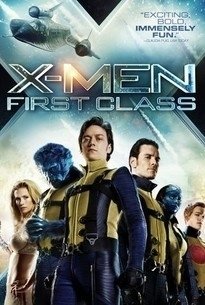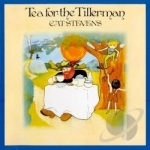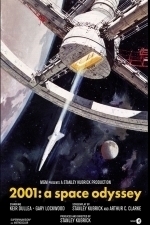LeftSideCut (3776 KP) rated X-Men: First Class (2011) in Movies
Jul 28, 2019
The casting here is pretty strong. James McAvoy is great in the role of a younger and cockier Charles Xavier, and Michael Fassbender seems like perfect casting as Erik Lensher (even if his Irish accent slips into his dialogue now and again!)
The relationship between the two friends, sadly destined to become enemies, is the beating heart of First Class. A lot of the action we've become accustomed too throughout these films is sidelined to explore their friendship, and their conflicting ideologies. As the plot comes to a head, and these two really pull in opposite directions, the emotional impact is well earned and hard hitting.
Elsewhere, we have Nicholas Holt as Beast and Jennifer Lawrence as Mystique. They also fit the billing pretty well, and are a welcome addition to the cast.
As an X-Men comic fan, it's a lovely touch to see less known characters get screen time such as Azazel, Havoc, and finally - Banshee!
We also get an adaption of Emma Frost, although she is criminally underused, merely present as a glorified henchwoman.
Kevin Bacon is the big bad this time round, playing Sebastian Shaw, a relatively minor X-Men villain, who plays his part well in First Class - he never feels like a huge threat, but that works as it doesn't steal the limelight from Erik's descent into Magneto.
The final action scene is enjoyable comic book fun - the small X-Men team clad in yellow and blue outfits (a nod to the original comic costumes), and the setting is full of colour. Its pretty damn glorious.
First Class is a stand out entry into the X-Men franchise, and certainly worth your time, even if you've never seen another X-Men film!
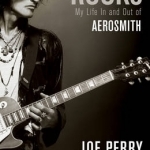
Rocks: My Life in and out of Aerosmith
David Ritz and Joe Perry
Book
In this riveting inside account of his life in rock-and-roll band Aerosmith, Joe Perry opens up for...
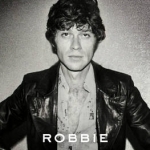
Testimony
Book
Robbie Robertson's singular contributions to popular music have made him one of the most beloved...
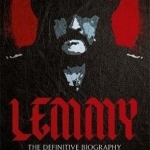
Lemmy: The Definitive Biography
Book
In 'The Ace of Spades', Motorhead's most famous song, Lemmy, the born-to-lose, live-to-win frontman...
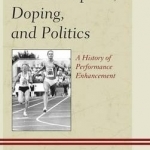
German Sports, Doping, and Politics: A History of Performance Enhancement
Michael Kruger, Stefan Nielsen and Christian Becker
Book
In the Cold War era, sport was not just a symbol of the power and strength of a nation-state, but of...
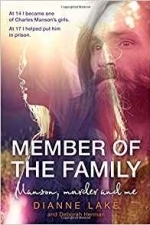
Member of the Family: Manson, Murder and Me
Book
Following the recent death of Charles Manson – the leader of the sinister 60s cult – Dianne Lake...
biography crime

First of the Year: v. 3: 2010
Book
This is the third volume of the 'First of the Year' annual series. Contributors such as Armond...
Anand Wilder recommended Tea for the Tillerman by Cat Stevens in Music (curated)
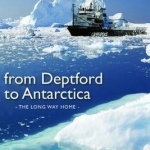
From Deptford to Antarctica
Book
Pete Wilkinson grew up in Deptford, south London, in the 50s. Somehow he got to grammar school and...
